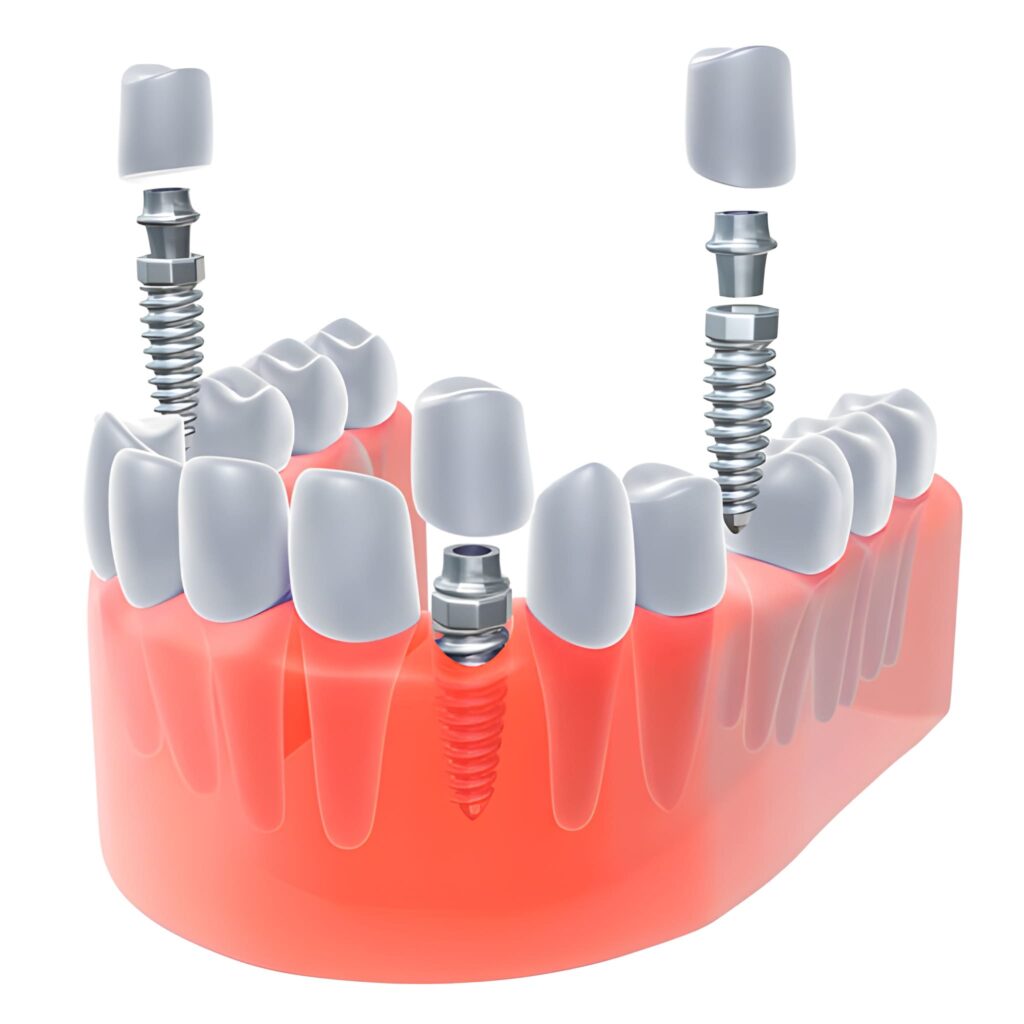Dental veneers are a popular cosmetic treatment used to enhance the appearance of teeth. Made from either composite resin or porcelain, veneers are thin, custom-made shells designed to cover the front surface of teeth. They are used to correct a variety of dental issues, including discoloured, chipped, or uneven teeth. Veneers can give you a brighter, more even smile, making them a sought-after option for many people in the UK.
Can You Get Veneers on the NHS?
When it comes to getting veneers through the NHS, it’s important to understand that the NHS primarily focuses on providing essential dental care based on clinical needs, not on cosmetic improvements. This means that while you can receive necessary dental treatments through the NHS, cosmetic treatments like veneers are only available in specific circumstances.
Can Veneers Be Done in One Day?
NHS Dental Treatment Bands
The NHS categorises dental treatments into different bands, each with its own set of services and associated costs:
- Band 1: £26.80 – This covers basic treatments, including checkups, X-rays, and preventive advice.
- Band 2: £73.50 – This includes more extensive procedures like fillings, root canals, and extractions.
- Band 3: £319.10 – This band covers complex treatments, such as crowns, bridges, dentures, and veneers.
For veneers to be covered under Band 3, there must be a clear clinical need. This means that veneers are only provided by the NHS if they are necessary for restoring dental function or addressing significant oral health issues.
Can You Go Back to Normal Teeth After Veneers?
Eligibility for NHS Veneers
To qualify for veneers on the NHS, a dentist must determine that the treatment is essential for your dental health. Here are some factors that might make you eligible:
- Clinical Need: If your teeth have significant structural defects, such as chips or severe damage, veneers may be necessary to protect the tooth and maintain oral health.
- Functional Issues: Veneers might be provided if there are functional problems, such as difficulty chewing due to misaligned or damaged teeth.
- Severity of Condition: The severity of your dental condition plays a role in determining eligibility. If your teeth are severely damaged or disfigured in a way that affects your health, you may be considered for veneers on the NHS.
However, if your desire for veneers is purely cosmetic, such as wanting to improve the appearance of slightly discoloured or misaligned teeth, it is unlikely that the NHS will cover the treatment. In such cases, you would need to explore private dental options.
How Many Veneers Is a Full Set?
Alternatives to Veneers on the NHS
If veneers are not available to you through the NHS, there are other treatments that might be considered:
- Composite Bonding: This is a more affordable alternative to veneers that involves applying a tooth-coloured resin to your teeth to improve their appearance. It is often used to repair chipped or discoloured teeth.
- Dental Crowns: In cases where a tooth is damaged or weakened, a crown may be placed over the entire tooth to restore its shape and function. Crowns can also improve the appearance of a tooth.
These alternatives are often more readily available on the NHS, especially if they are deemed necessary for maintaining your dental health.
Are Veneers Fake Teeth?
Private Treatment Options
For those who do not qualify for NHS veneers but still want to improve their smile, private dental practices offer a range of options. With private treatment, you have access to different types of veneers, including those made from higher-quality materials. You also have more control over the aesthetics, such as the shade and shape of the veneers.
Private practices may also offer additional benefits, such as shorter waiting times and the ability to spread the cost of treatment through financing options. Many people choose private veneers to achieve the specific cosmetic results they desire.
Considering the Costs
Cost is often a significant factor when deciding whether to pursue private dental treatment. While NHS treatment fees are fixed, private treatment costs can vary depending on the complexity of the procedure and the materials used. For veneers, private treatment can range from £600 and £1,300 per tooth, depending on the clinic and the quality of the veneers.
It’s important to weigh the benefits of private treatment against the costs. If achieving a specific cosmetic result is important to you, investing in private veneers may be worthwhile.
How Long Do Composite Veneers Last?
Conclusion: Making an Informed Decision
Getting veneers on the NHS is possible, but only in cases where there is a clear clinical need. For most people seeking cosmetic improvements, private treatment will be the more viable option. It’s crucial to consult with a dentist to understand your options and make an informed decision that aligns with your dental health needs and cosmetic goals.
If you’re considering veneers, take the time to explore both NHS and private options. Understanding the differences in coverage, cost, and treatment availability will help you choose the best path to achieving the smile you desire.
Book Your Consultation Today!
Take the Next Step with Cove Dental and Implant Centre
If you’re considering veneers and want to explore your options, Cove Dental and Implant Centre is here to help. Our experienced team offers high-quality, personalised dental care tailored to your unique needs. Whether you’re looking for NHS-covered treatments or considering private veneers, we can guide you through the process and help you achieve the smile you’ve always wanted. Contact us today to schedule a consultation and take the first step towards a brighter, more confident smile.





